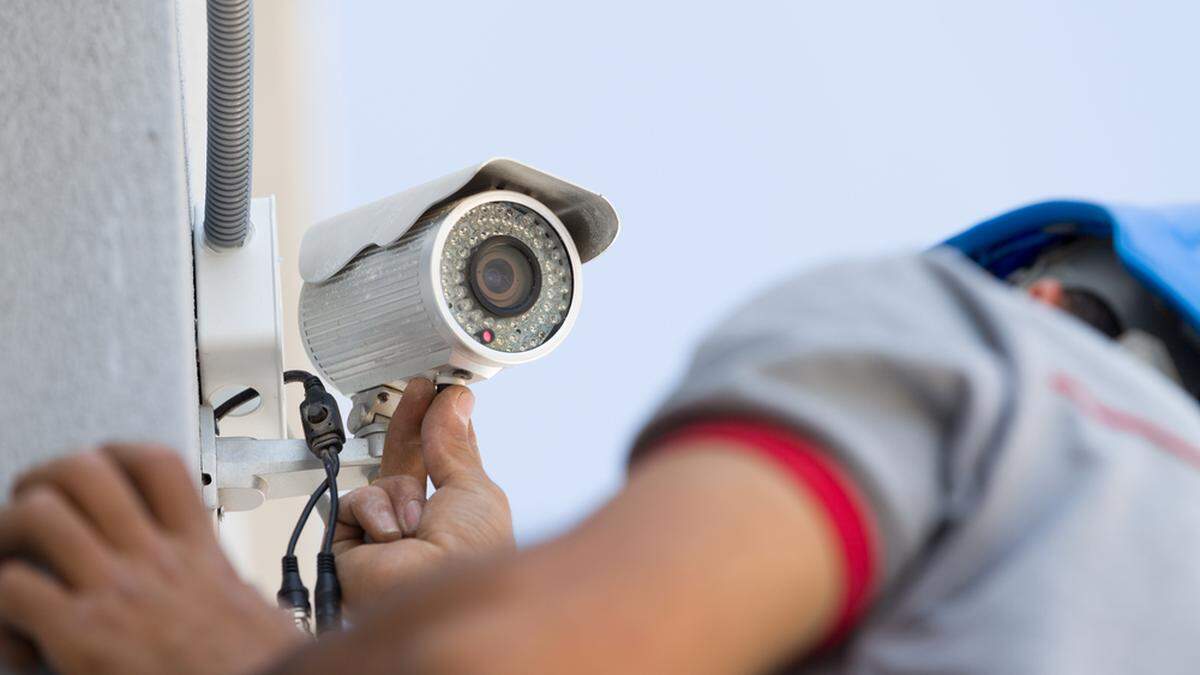Video surveillance has become an increasingly important tool for Luxembourg’s police, with 638 investigations in 2024 making use of footage from the Visupol system – a nearly 40% increase compared to previous years.
These are the figures that Interior Minister Léon Gloden shared during a parliamentary exchange Wednesday, responding to a question from Deputy Fred Keup (ADR) about the system’s effectiveness.
Since its legal framework was introduced in 2021, Visupol has ramped up to be a central component of police operations, particularly in the capital. In its first year under this new legal framework, footage was used in 460 cases, followed by 457 cases in 2022, and 463 in 2023.
In the 2021 framework, the conditions for police video surveillance state that cameras may only be installed in areas with a proven risk of serious crime or where large gatherings take place, and that footage may be retained for up to two months, unless required for ongoing investigations or police training.
The bill also created an independent consultative commission responsible for reviewing CCTV installation requests and renewals. Crucially, police are required to demonstrate that other preventive measures have been exhausted before turning to video surveillance.
The Visupol service operates 308 cameras across several security zones in Luxembourg City. However, not all cameras record continuously.
For instance, those situated at the Stade de Luxembourg and around the European convention center operate selectively, typically during major events.
Also read:Vehicle thefts in Luxembourg surged by over 40% last year
CCTVs may help deter crimes
In his response, Gloden stated that Visupol serves a dual purpose: it is both an investigative tool and a crime deterrent. “The preventive role is difficult to measure statistically,” he said, but maintained that the mere presence of cameras can contribute to public safety.
The system has most frequently been used in investigations into vandalism, drug-related offences, violent crimes, burglaries, thefts (including vehicle theft) and sexual offences.
However, Gloden was cautious about interpreting the data as an indicator of increased crime itself, explaining that “a distinction must be made between requests for the use of images and the offences recorded”.
Detailed crime statistics for 2024 are expected to be published later this spring.
Beyond the capital, the expansion of Visupol continues. In November 2024, the government issued ministerial authorizations for the installation of video surveillance systems in Esch-sur-Alzette and Differdange.
Most recently, 67 security cameras were approved to be installed in the Bonnevoie and Gare neighbourhoods.
Also read:Luxembourg City council gives green light to Bonnevoie CCTV
Additionally, the municipalities of Ettelbruck and Hesperange have submitted formal applications to establish Visupol zones.
The government has also introduced a new bill, presented to the Internal Affairs Committee in March, to simplify the administrative procedures surrounding Visupol, extend the validity of authorizations to five years and allow mayors to request targeted analyses of public spaces deemed at high risk for criminal activity.
The bill also includes special provisions for transport hubs and public parks.
